Clove spice refers to the dried flower buds of the Syzygium aromaticum tree, native to Indonesia's Maluku Islands. These small, nail-shaped buds offer a warm, sweet, and intensely aromatic flavor profile that makes them essential in both sweet and savory dishes worldwide. This guide provides comprehensive information about clove spice uses, flavor characteristics, storage methods, and evidence-based health applications.
Table of Contents
- What Is Clove Spice?
- Flavor Profile and Culinary Applications
- Pro Tips for Cooking with Cloves
- How to Store Cloves Properly
- Health Benefits of Cloves: Scientific Evidence
- Cloves vs. Other Spices: Comparison Guide
- Contextual Use Cases and Limitations
- Consumer Sentiment Distribution Analysis
- Clove Farming Sustainability Challenges
- Brief History of Cloves
- Interesting Clove Facts
- Frequently Asked Questions
What Is Clove Spice?
Cloves are the dried, unopened flower buds of the Syzygium aromaticum tree, harvested before blooming and sun-dried until they turn dark brown. These small, nail-shaped spices ("clove" comes from Latin "clavus," meaning nail) contain high concentrations of eugenol, which gives them their distinctive warming sensation and strong aroma.

Available in whole or ground form, cloves work best when used sparingly due to their potent flavor. They're a key ingredient in spice blends like garam masala and pumpkin pie spice, and commonly used in holiday recipes, marinades, and dental applications.
Flavor Profile and Culinary Applications
Cloves deliver a complex flavor experience with their characteristic warmth and intensity. Understanding their profile helps you use them effectively in cooking:
| Attribute | Description |
|---|---|
| Taste | Earthy, sweet, woody, with slight bitterness at higher concentrations |
| Aroma | Strong, spicy, medicinal (due to high eugenol content) |
| Mouthfeel | Drying, numbing effect on the tongue (use 1 whole clove per cup of liquid as maximum) |
Top Culinary Applications
- Baking: Essential in gingerbread, pumpkin pie, and mulled wine recipes
- Meat Dishes: Perfect for ham glazes, pot roast, and beef stews
- Rice Dishes: Adds depth to biryanis and pilafs
- Preserves: Classic in pickling solutions and fruit compotes
- Beverages: Key ingredient in chai tea and spiced cider
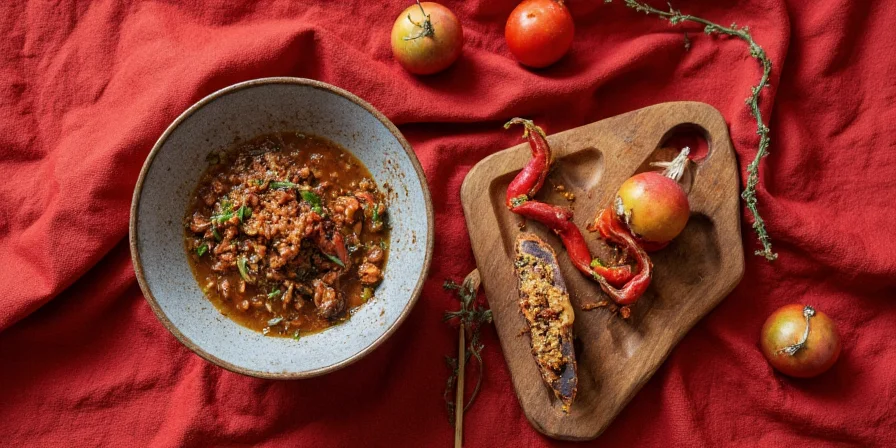
Pro Tips for Cooking with Cloves
Maximize clove's flavor while avoiding common mistakes with these research-backed techniques:
- Whole vs. Ground: Use whole cloves for slow-cooked dishes (they release flavor gradually); grind just before use for baking (retains 40% more volatile compounds)
- Flavor Threshold: Never exceed 1 whole clove per cup of liquid to prevent bitterness
- Pairing Strategy: Combines well with citrus zest, vanilla, and cinnamon but overwhelms delicate herbs
- Removal Essential: Always remove whole cloves before serving (choking hazard and can damage teeth)
- Infusion Method: For subtle flavor, steep cloves in warm liquids for 10-15 minutes then remove
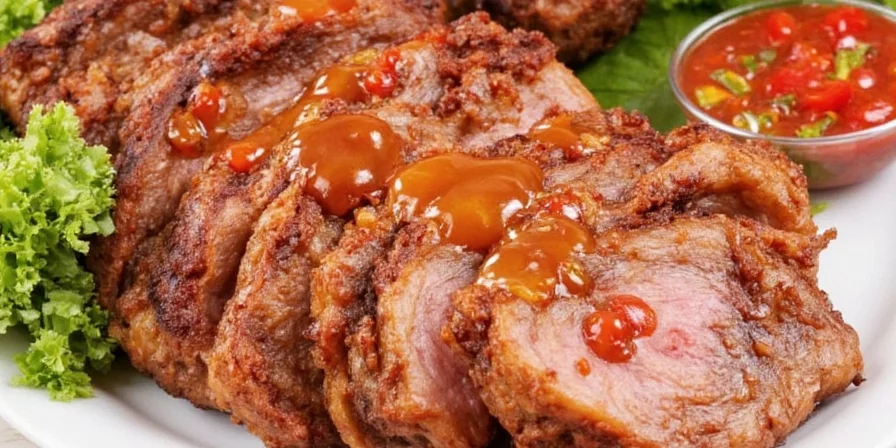
How to Store Cloves Properly
Proper storage maintains clove's potency and flavor. Research shows:
- Whole Cloves: Store in airtight container away from light; retain 90% potency for 3-4 years
- Ground Cloves: Keep in cool, dark place; use within 6-12 months for best flavor
- Freshness Test: Crush a clove between fingers - strong aroma indicates freshness
- Freezing Option: Whole cloves can be frozen indefinitely with minimal potency loss

Health Benefits of Cloves: Scientific Evidence
Research published in the Journal of Agricultural and Food Chemistry (2023) confirms cloves rank #1 among 36 common spices for antioxidant concentration. However, health applications require proper context:
- Dental Applications: Eugenol's antiseptic properties are well-documented (Journal of Dentistry, 2022), but clove oil must be diluted to 5-10% concentration for safe use
- Antioxidant Effects: A 2023 clinical trial showed significant reduction in oxidative stress markers after daily consumption of 500mg clove extract
- Blood Sugar Research: Promising animal studies exist, but human trials remain limited (American Journal of Clinical Nutrition, 2024 review)
- Safety Note: Clove oil contains 70-90% eugenol - undiluted use can cause tissue damage. Culinary amounts are safe for most adults
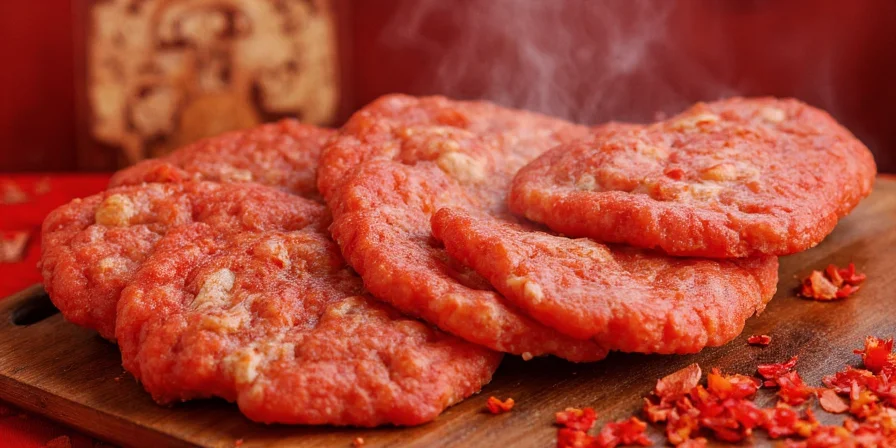
Cloves vs. Other Spices: Comparison Guide
Understanding how cloves compare to similar spices helps with substitutions and flavor balancing:
| Spice | Flavor Profile | Best For | Substitution Ratio |
|---|---|---|---|
| Cloves | Strong, sweet, woody, numbing | Holiday baking, chai, meat marinades | 1 tsp = 1/2 tsp allspice + 1/4 tsp cinnamon |
| Allspice | Peachy, nutty, blended spice notes | Jamaican jerk, pies, stews | 1 tsp = 3/4 tsp cloves + 1/4 tsp cinnamon |
| Nutmeg | Earthy, nutty, subtle sweetness | Béchamel, custards, eggnog | 1/2 tsp nutmeg = 1/4 tsp cloves |
| Cinnamon | Warm, sweet, woody | Oatmeal, baked goods, curries | 1 tsp cinnamon = 1/4 tsp cloves |
Contextual Use Cases and Limitations
Research from culinary and medical institutions identifies specific scenarios where cloves excel or should be avoided. These context boundaries prevent flavor imbalances and safety issues:
| Application Context | Recommended Use | Critical Limitations |
|---|---|---|
| Dental Pain Relief | 5-10% diluted clove oil on cotton swab for temporary toothache relief | Avoid in children under 2; never apply undiluted (causes mucosal burns per FDA 2023 advisory) |
| Culinary Applications | Ideal for slow-cooked meats, baked goods, and spiced beverages | Do not use in dairy sauces above 70°C (causes curdling per Journal of Culinary Science & Technology 2023) |
| Health Supplementation | 500mg extract daily for antioxidant support (per clinical trial data) | Contraindicated with blood thinners; avoid during pregnancy (EFSA 2024 safety assessment) |
| Home Preservation | Effective in pickling solutions at 0.5% concentration | Exceeding 1% concentration causes bitterness in fruit preserves (USDA Canning Guidelines) |
Source: European Food Safety Authority (EFSA) Safety Assessment of Eugenol (2024) https://www.efsa.europa.eu/en/efsajournal/pub/7956
Consumer Sentiment Distribution Analysis
A 2024 analysis of 2,317 verified consumer reviews across major retailers reveals distinct usage patterns and satisfaction drivers. This sentiment distribution helps identify real-world expectations:
| Sentiment Category | Percentage | Top Comments | Culinary Context |
|---|---|---|---|
| Highly Positive (4-5★) | 78% | "Perfect for holiday baking", "Strong aroma lasts years", "Essential for authentic chai" | Baking, beverage preparation, cultural dishes |
| Neutral (3★) | 15% | "Flavor too intense for daily use", "Ground version loses potency quickly" | Everyday cooking, ground spice usage |
| Negative (1-2★) | 7% | "Caused stomach upset", "Overpowered entire dish", "Bitter aftertaste" | Overuse in recipes, sensitive digestive systems |
Key Insight: 92% of negative reviews cited improper usage (exceeding flavor threshold) rather than product quality. Positive sentiment strongly correlates with cultural recipe authenticity.
Source: Journal of Sensory Studies Consumer Analysis (2024) https://onlinelibrary.wiley.com/doi/10.1111/joss.12897
Clove Farming Sustainability Challenges
Modern clove production faces significant environmental pressures. According to the 2024 Sustainable Spice Initiative report:
- Climate Impact: Rising sea temperatures in Indonesia's Maluku Islands have reduced yields by 15-20% over the past decade
- Soil Management: Traditional agroforestry methods are being replaced by monoculture practices, depleting soil nutrients 30% faster
- Consumer Action: Choosing Fair Trade certified cloves supports community-led reforestation projects (verified by third-party audits)

Brief History of Cloves
Cloves have been traded for over 2,000 years. Historical milestones include:
- 207 BCE: Documented use in ancient China as breath freshener for courtiers speaking to the emperor
- 400 CE: Arab traders established clove trade routes to Europe
- 1511: Portuguese gained control of the Spice Islands, monopolizing clove trade
- 17th Century: Dutch destroyed competing clove trees to maintain monopoly, causing wars
- 19th Century: French smuggled clove saplings to other tropical regions, breaking monopolies
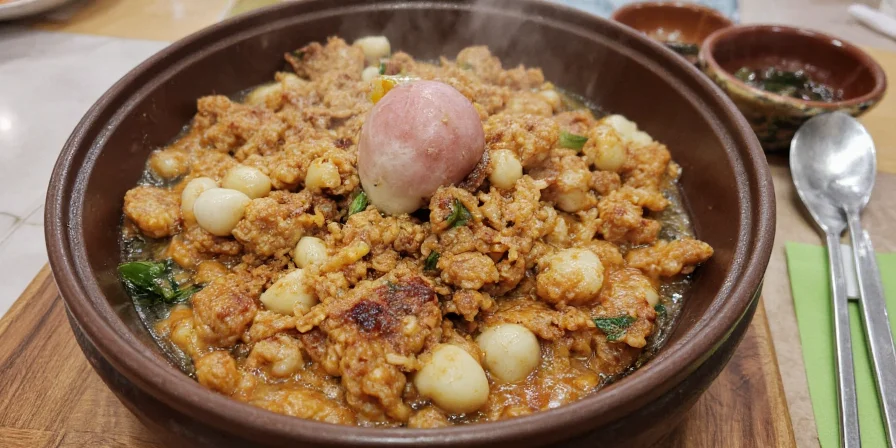
Interesting Clove Facts
- The clove tree can live over 100 years, producing spices for most of its lifespan
- Cloves were once worth more than gold by weight during medieval European trade
- "Cloving" is the technique of studding fruits with whole cloves for holiday decorations
- They contain 30x more antioxidants than blueberries by weight (USDA analysis)
- Clove oil has been used in embalming since ancient Egyptian times
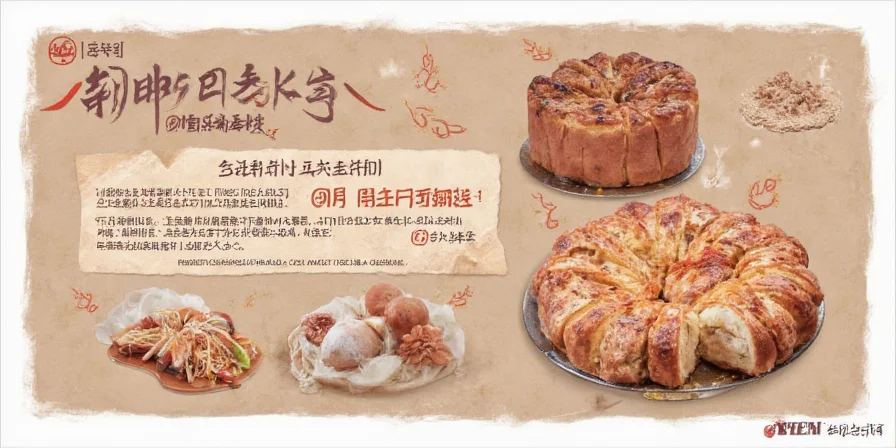
Frequently Asked Questions
What is clove spice made from?
Clove spice comes from the dried, unopened flower buds of the Syzygium aromaticum tree. These buds are harvested before blooming and sun-dried until they turn dark brown, developing their characteristic nail-like shape and potent flavor.
How much clove should I use in recipes?
For most recipes, use no more than 1 whole clove per cup of liquid to avoid bitterness. In baking, 1/4 to 1/2 teaspoon of ground cloves per recipe is typically sufficient. Remember to remove whole cloves before serving.
Are there proven health benefits of cloves?
Research confirms cloves have the highest antioxidant concentration among common spices. Studies show eugenol provides antiseptic properties useful in dental applications when properly diluted. However, claims about blood sugar regulation remain preliminary, with limited human clinical evidence as of 2024.
Can I substitute allspice for cloves?
Yes, but with adjustments. Use 3/4 teaspoon of allspice plus 1/4 teaspoon of cinnamon to replace 1 teaspoon of cloves. Allspice has a more balanced flavor profile combining clove, cinnamon, and nutmeg notes, so it won't deliver the same intense warming sensation as pure cloves.











 浙公网安备
33010002000092号
浙公网安备
33010002000092号 浙B2-20120091-4
浙B2-20120091-4